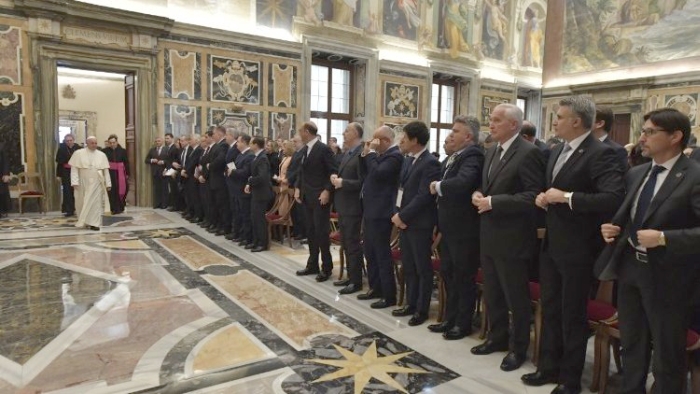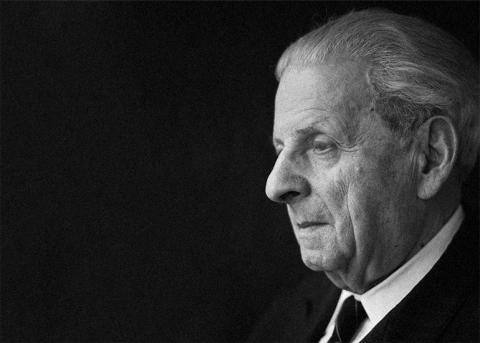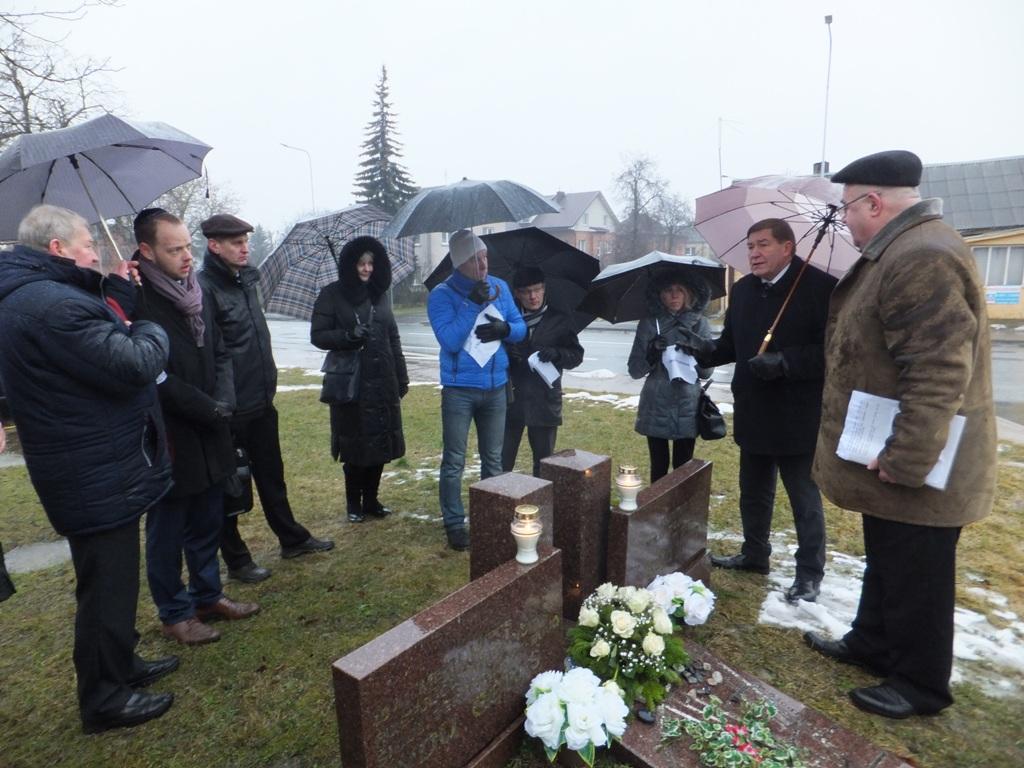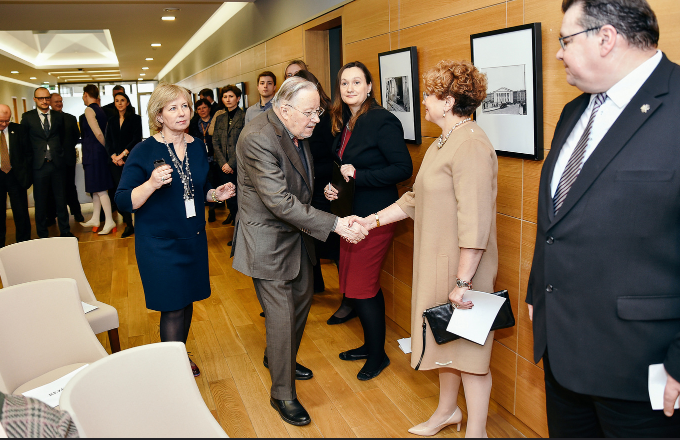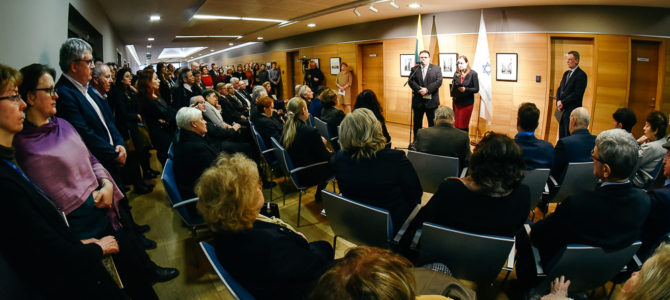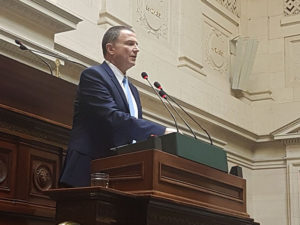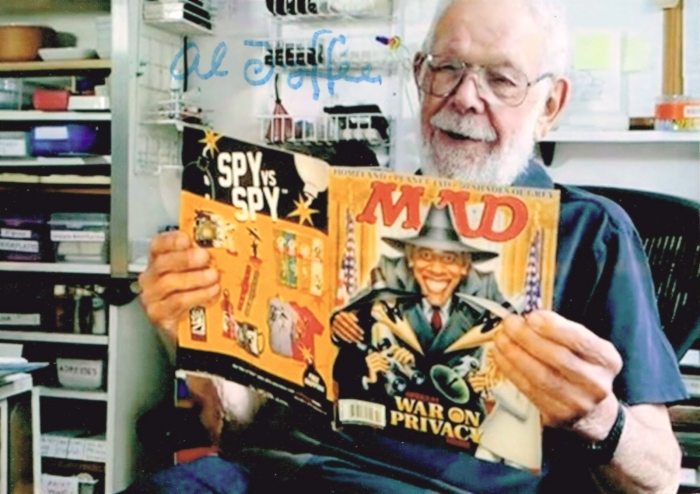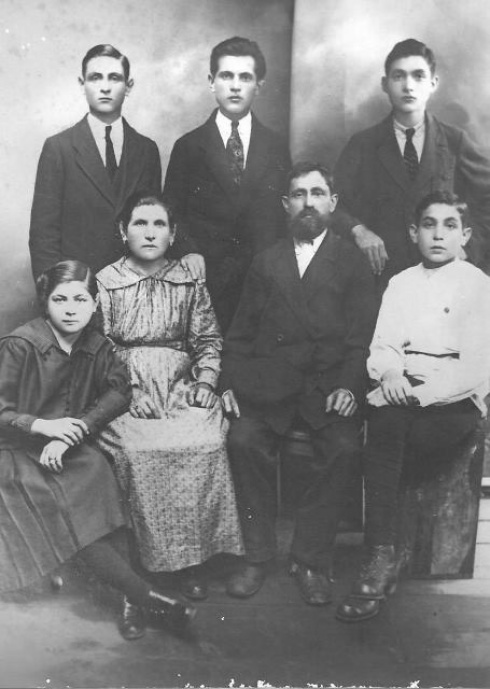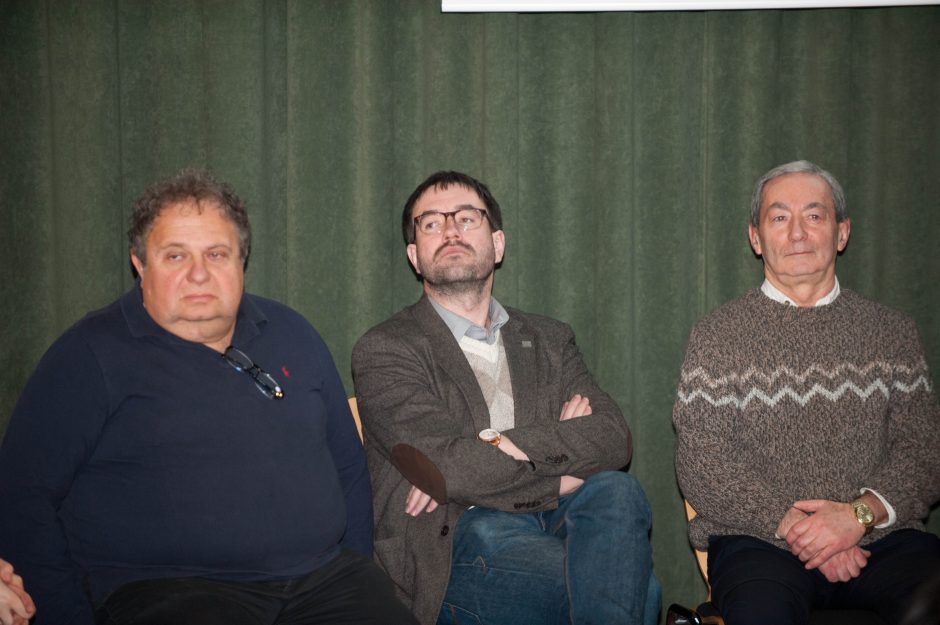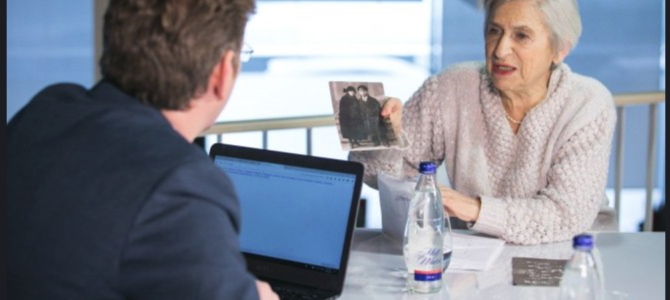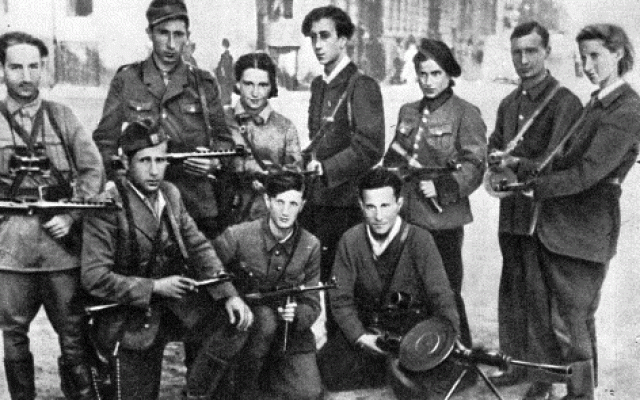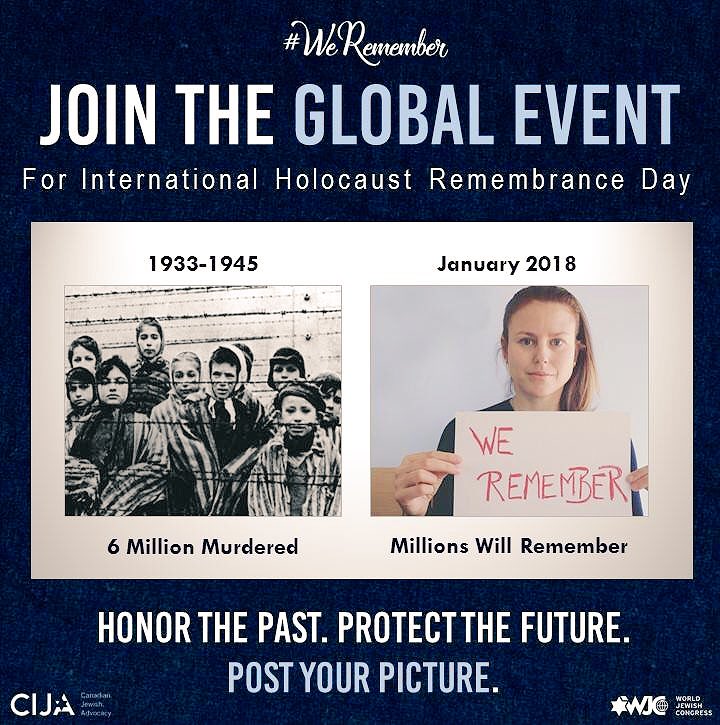Lithuanian foreign minister Linas Linkevičius announced the decision today in a tweet, stating the “Lithuanian Government has endorsed the international definition of anti‑Semitism by the International Holocaust Remembrance Alliance (IHRA). Anti‑Semitism has absolutely no place–neither in Lithuania, nor in other parts of the world.”
AJC CEO David Harris said, “Lithuania, which occupies a central place in the history of Jews in Europe, has asserted laudable leadership in responding to the call by the IHRA to recognize clearly the cancer of anti-Semitism and mobilize to effectively combat it. Let’s hope other European countries follow suit.”
During a two-day visit to Vilnius last week, an AJC delegation led by Harris discussed with minister Linkevičius, among other issues, the possibility for Lithuania to accept in the near future the IHRA working definition of anti-Semitism, following its adoption by Austria, Bulgaria, Germany, Romania and the United Kingdom.
The IHRA definition, adopted in 2016 by the alliance’s 31 member states, is based on the 2005 European Monitoring Center (EUMC) Working Definition. It offers a clear and comprehensive description of anti-Semitism in its various forms, including hatred and discrimination against Jews, Holocaust denial, and, of particular note, anti-Semitism as it can at times relate to Israel.
AJC worked closely over a decade ago with the EUMC in developing this working definition as a tool for monitors and law-enforcement officials.



















